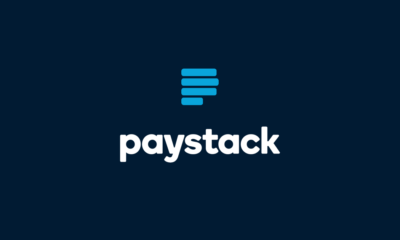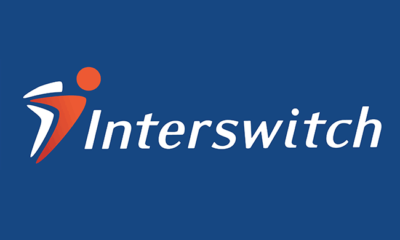On the heels of acquiring sales tax specialist TaxJar in April, today Stripe is making another big move in the area of tax by launching Stripe Tax to integrate Sales Tax calculations into its service offerings.
The $95 billion payments behemoth is launching a new product called Stripe Tax, which will provide automatic, updated sales tax calculations (covering sales tax, VAT, and GST) and related accounting services to Stripe payments customers initially in some 30 countries and across the U.S.
Stripe Tax is a separate service from TaxJar, but the two are not unconnected: as Stripe Tax was being built out of Stripe’s offices in Dublin over the last several months, Stripe’s business lead for EMEA Matt Henderson told me that the team had identified TaxJar as a strong company in the field and that ultimately led to M&A between them.
Sales tax — and specifically a more seamless way to deal with charging and tracking sales tax — is a painful issue for people doing business online. Digital and physical goods are taxed in over 130 countries, Stripe said, and within that, there can be a huge amount of variation and compliance complexity, since codes get updated all the time, too. Mishandled sales tax, meanwhile, can result in pretty hefty fines, sometimes up to 30 percent interest on past-due amounts.
Unsurprisingly, a sales tax tool has been the most requested feature from Stripe’s customers, Henderson said, a request that presumably only got louder in the last year, as e-commerce and digital transactions went through the roof with Covid-19.
Arguably, that makes Stripe Tax one of the company’s more significant product launches, not to mention the first since announcing its monster funding round earlier this year.
Previously, Stripe customers would have resorted to using a third-party service (like TaxJar) to work out sales tax, or more typically those Stripe customers would have opted to limit the number of places they sold goods and services, in order to minimize the pain of dealing with multiple, complex, and usually quite localized tax codes.
Stripe said that a survey of its customers found that two-thirds of respondents said that the challenge of implementing sales tax actually limited their growth.
TaxJar has built a strong system for handling that, but the company — based out of Massachusetts — is primarily focused on the U.S. market, which has a sales tax that is complicated enough (there are 11,000 different tax jurisdictions in the country).
Stripe Tax, on the other hand, is being built from the ground up as a product aimed specifically at increasing touchpoints and stickiness with Stripe customers specifically.
Stripe Tax provides real-time tax calculation based on customer location and product sold; transparent itemizing for customers; tax ID management in areas (like Europe) where business customers can provide their code and get a reverse charge on tax if they are under a certain turnover threshold themselves; and reconciliation and reporting across all transactions to make filing and remittance easier.
However, Stripe Tax can only be used on the Stripe platform.
This could pose some problems for some customers — these days many of the strongest retailers will take an ‘omnichannel’ approach that might cover selling through marketplaces, selling through websites, selling through social media, and more — and not all of those storefronts might be powered by Stripe. It will be worth watching whether future iterations of Stripe Tax can account for that.
“No one leaps out of bed in the morning excited to deal with taxes,” said John Collison, co-founder and president of Stripe in a statement. “For most businesses, managing tax compliance is a painful distraction. We simplify everything about calculating and collecting sales taxes, VAT, and GST, so our users can focus on building their businesses.”
Stripe’s most significant product launch prior to Stripe Tax — Stripe Treasury — underscores how the company is currently very focused on diversifying outside of their basic payments business and opening the platform too much wider, more scaled transactions. Treasury, which is still in invite-only mode, saw Stripe partner with established banks to provide a business banking service, providing a way for its customers to handle money that they generate from their Stripe-powered businesses.
Stripe Tax will currently be available in 30 countries, here is the full country list where Stripe Tax is launching in Australia, Austria, Belgium, Bulgaria, Croatia, Cyprus, Czech Republic, Denmark, Estonia, Finland, France, Germany, Greece, Hungary, Ireland, Italy, Latvia, Lithuania, Luxembourg, Malta, New Zealand, the Netherlands, Norway, Poland, Portugal, Romania, Slovakia, Slovenia, Spain, Sweden, Switzerland, the United States, and the United Kingdom.

 Naira4 weeks ago
Naira4 weeks ago
 News3 weeks ago
News3 weeks ago
 Education4 weeks ago
Education4 weeks ago
 Social Media4 weeks ago
Social Media4 weeks ago
 Technology4 weeks ago
Technology4 weeks ago
 Investment4 weeks ago
Investment4 weeks ago
 Dividends4 weeks ago
Dividends4 weeks ago
 Economy4 weeks ago
Economy4 weeks ago





















